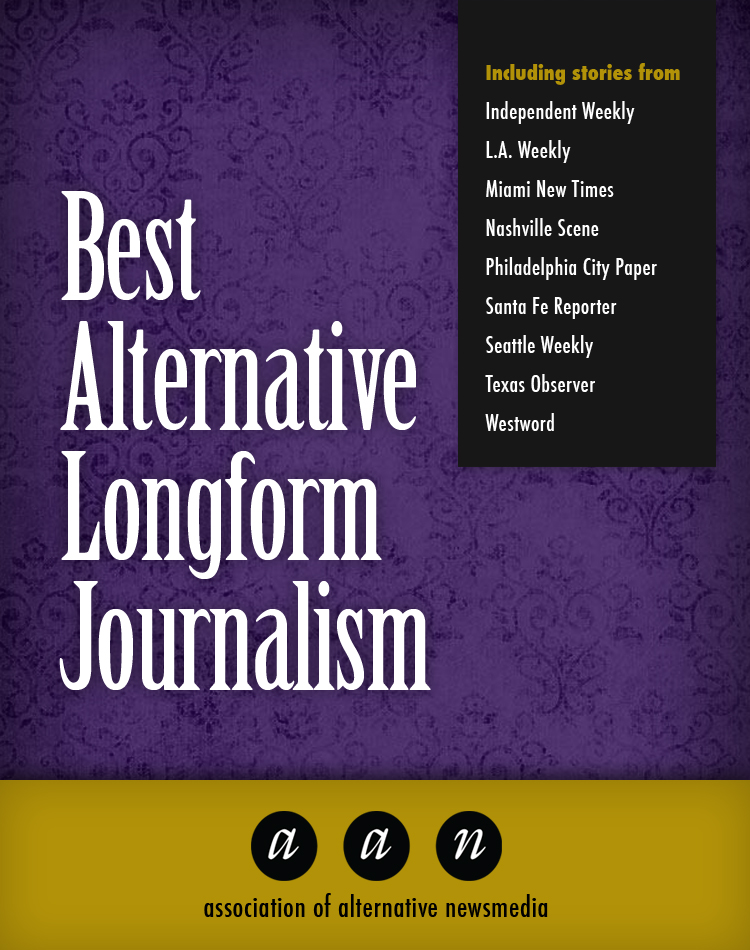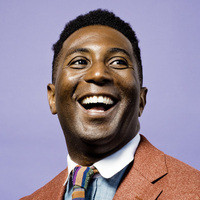Jia Tolentino is a staff writer at the New Yorker and the author of the essay collection Trick Mirror: Reflections of Self-Delusion.
“I feel a lot of useless guilt solidifying my own advantages at a time when the ground people stand on is being ripped away. And I feel a lot of emotional anxiety about the systems that connect us — about the things that make my life more convenient and make other people’s lives worse. It’s the reality of knowing that ten years from now, when there are millions of more climate refugees, that you’ll be okay. It makes me feel so crazy and lucky and intent on doing something with being alive.”
Thanks to MailChimp, Time Sensitive, Substack, and Pitt Writers for sponsoring this week's episode.
















